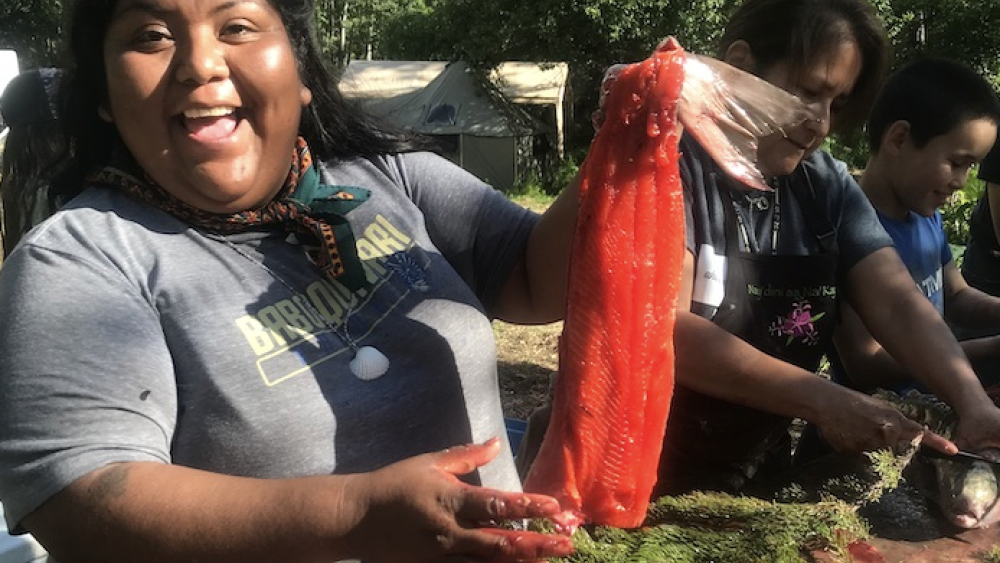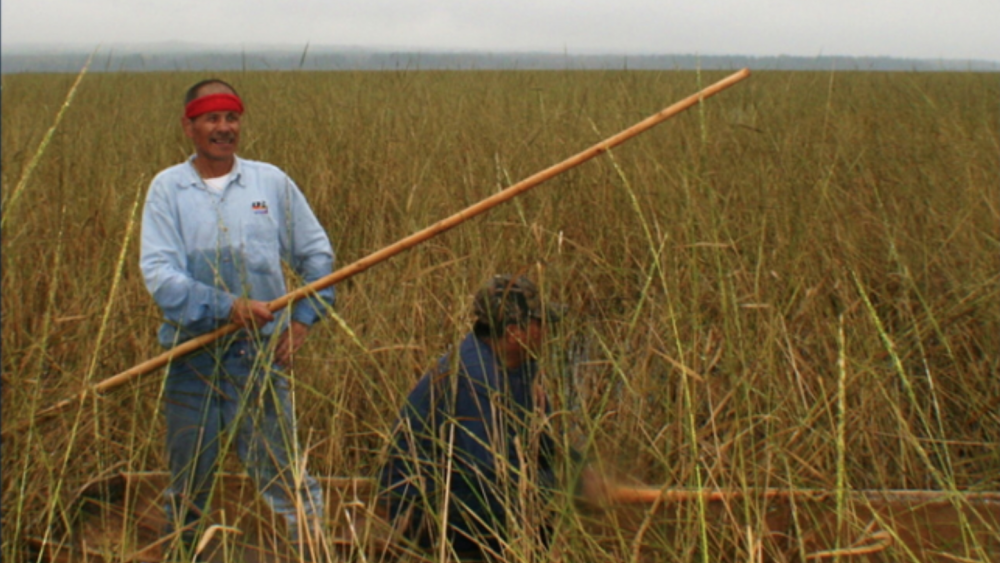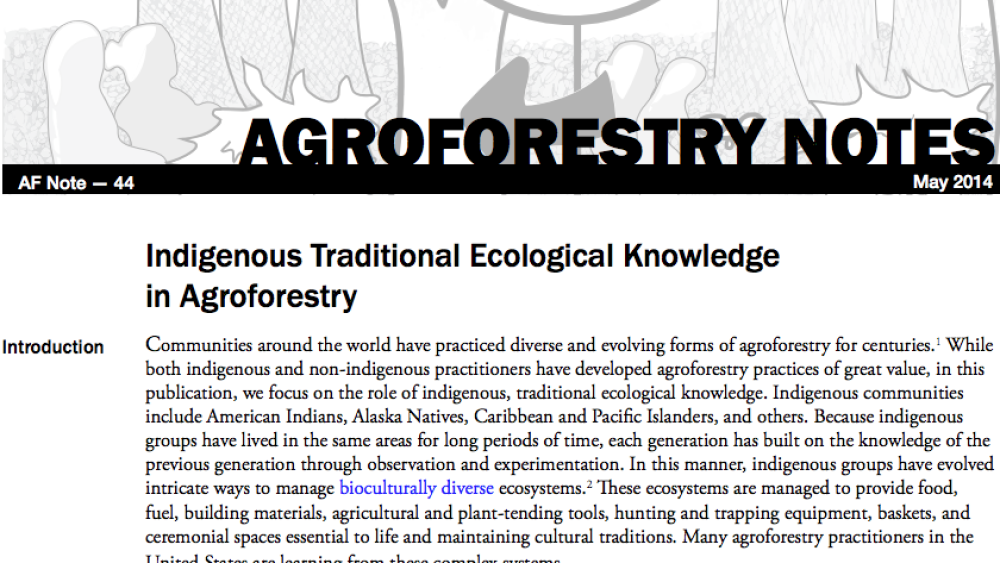The Indigenous Foods Knowledges Network (IFKN) brings together Indigenous researchers and community leaders from the Arctic and U.S. Southwest along with non-Indigenous researchers to foster cross-cultural interdisciplinary knowledge exchange about sovereignty of Indigenous foods. IFKN draws on cultural and scientific expertise from shared cultural protocols and practices, Indigenous Knowledges, Earth sciences, and social sciences to better understand reclamation, preservation, and perpetuation of traditional food practices to sustain Indigenous food sovereignty in a rapidly changing global environment. In this article, we discuss how IFKN developed a methodology prioritizing relational accountability encompassing both people and place while establishing a framework for collaborative learning that centers Indigenous Knowledge systems. We provide examples from our roles as Tribal community members, university researchers, and network members in creating an organizational framework for this collaborative work and connecting it to community, university, and research protocols and practices. We further describe the ways that IFKN adapted during the COVID-19 pandemic to continue to remotely co-produce knowledge and amplify concerns and priorities of community partners through non-academic settings.
Indigenous Governance Database
Our lands tell our stories: supporting Indigenous co-led research through the Indigenous Foods Knowledges Network
Related Resources

Indigenous Foods Knowledges Network: Facilitating Exchange between Arctic and Southwest Indigenous Communities on Food and Knowledge Sovereignty
On a sunny morning in June of 2019, our hosts at the Athabaskan Nay'dini'aa Na'Kayax' Culture Camp, located near Chickaloon Native Village in south-central Alaska, set up a table near the smoke house and demonstrated how to fillet salmon. It was salmon season in Chickaloon, and young campers were…

Building an Indigenous Foods Knowledges Network Through Relational Accountability
In recent decades, there has been a movement toward rectifying injustices and developing collaborations between Indigenous communities and mainstream researchers to address environmental challenges that are of concern to Indigenous Peoples. This movement, primarily driven by Indigenous community…

Indigenous Traditional Ecological Knowledge in Agroforestry
Communities around the world have practiced diverse and evolving forms of agroforestry for centuries. While both Indigenous and non-Indigenous practitioners have developed agroforestry practices of great value, in this publication, we focus on the role of Indigenous, traditional ecological…

